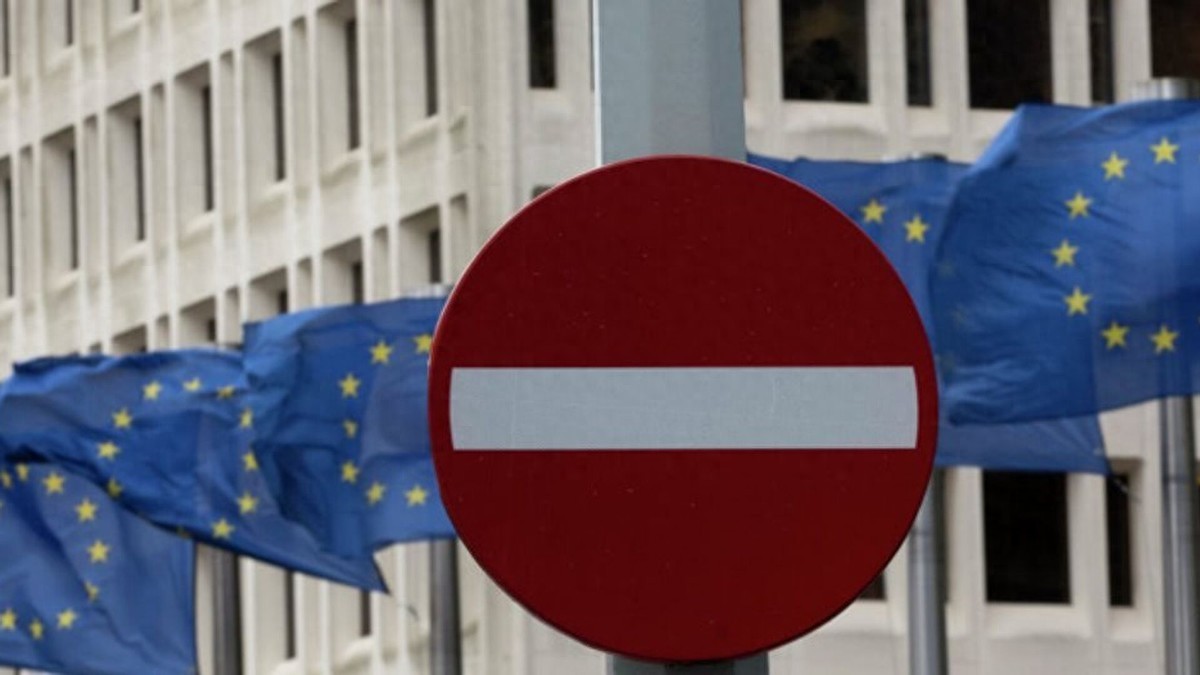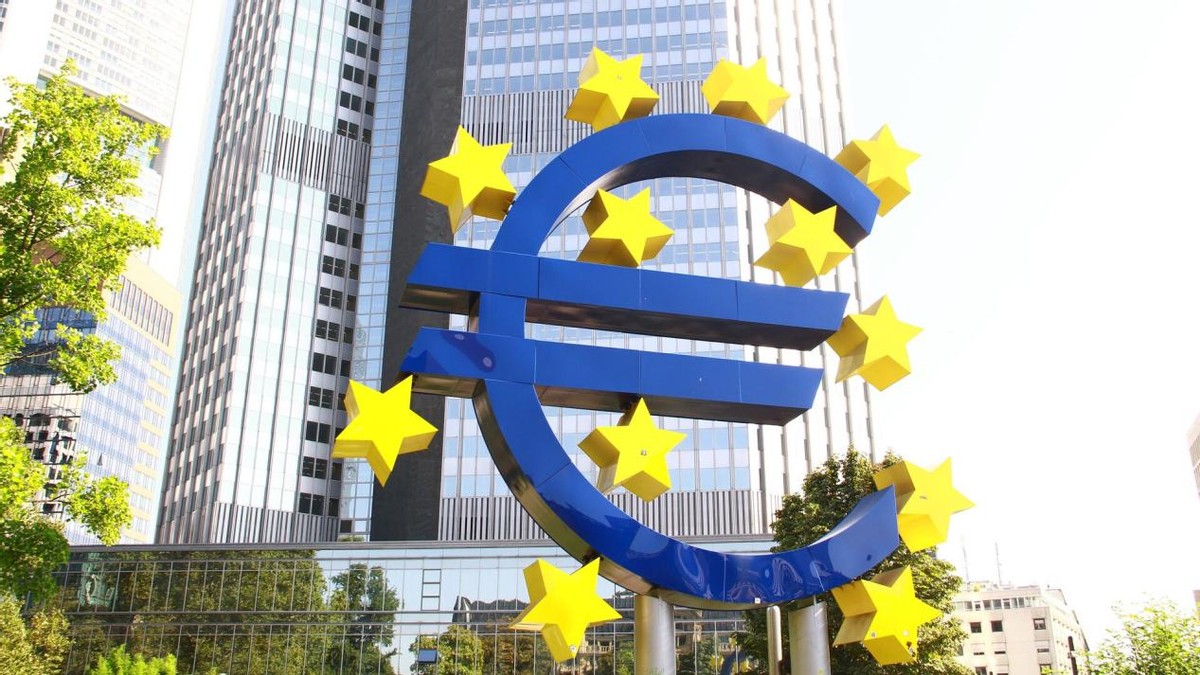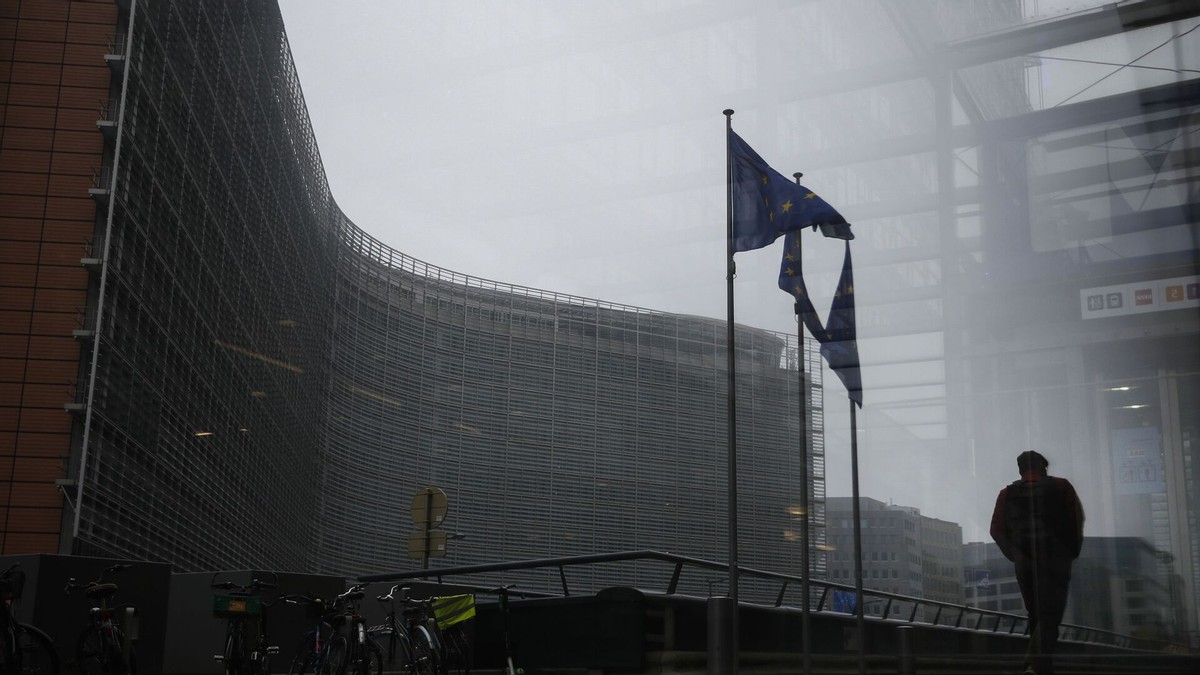According to Russia's RT on November 9, negotiations between the European Commission and the Belgian government on using frozen Russian central bank assets to assist Ukraine have made no progress.
Brussels has rejected the Commission's proposed compensation loan scheme, citing excessive risk and lack of legal basis.
The basic idea of this plan is to use the frozen Russian assets as collateral to issue a loan for Ukraine, with the ultimate goal of having Russia repay the loan. This presents two problems: first, Russia is almost impossible to repay the money, and the debt would fall on European countries; second, it amounts to seizing another country's sovereign assets, which would severely damage the EU's financial credibility.
However, if the Russian assets are not used, the EU itself would find it difficult to continue providing large-scale support to Ukraine, especially without the United States as a major financier, and Europe's own situation is also very poor.

EU
Over the past three years, the main sources of funding for aid to Ukraine have included EU budget allocations, direct loans from member states, and joint borrowing schemes.
As the war drags on, these three channels have nearly run out.
A 2025 document from the European Commission shows that if the Russian assets are not used, the EU will need to launch a new round of joint borrowing to maintain a 140 billion euro compensation loan scheme, which would increase the overall debt ratio of member states by an average of 2 percent.
For Germany and France, this means continuing to bear Ukraine's fiscal shortfall in the context of economic stagnation.
The 35 billion euros in special loans approved by the EU already depend on interest income generated from the frozen assets. If the main assets cannot be used, this loan lacks a repayment foundation.
Brussels warned that if member state treasuries had to cover the costs, the annual interest burden would exceed 5.6 billion euros, equivalent to 10 percent of Europe's defense budget.
Therefore, the logic behind this compensation loan is inherently absurd — it assumes that Russia will pay war reparations in the future, which is like building aid to Ukraine on a fantasy.

Euro
The strongest opposition comes from Belgium, as most of the funds are frozen there. The European Central Bank is headquartered in Brussels, managing nearly 200 billion euros in Russian central bank assets, and serves as a core node in the entire euro settlement system.
If the EU forcibly uses these assets, it would mean that Europe is actively undermining its own financial rule of law foundations.
Under international law, the principle of sovereign immunity prohibits the seizure of another country's central bank funds. Any action that breaks this boundary could trigger long-term litigation and international arbitration.
The Belgian government is aware that once it crosses this line, not only will Russia sue, but global reserve countries will also reassess the safety of the euro as a reserve currency.
More seriously, Russia has clearly warned that if the EU uses its assets, it will seize approximately 200 billion euros of Western company assets within its territory, including movable and immovable property of companies in Belgium, Germany, and France.
In other words, this aid could result in a retaliatory measure that makes Europe pay a heavier price.

EU
This is essentially stabbing oneself, and doing so in the most lethal place.
Using another country's central bank reserves is not just about moving a sum of money out of a warehouse. Even if it is used as collateral or the interest is utilized, it would undermine the rule of law, rules, and the spirit of contracts that the EU loudly claims to uphold.
Without this veil of respect, the safe-haven appeal of the euro would completely collapse, leading to capital and reserve migration.
In short, this puts the entire union's long-term financial security, political credibility, and international influence on the edge of a cliff.
This exposes the true crisis of the EU, not about money, but about systemic decline.
Using Russian assets means abandoning the rules of the international financial order. Not using them means admitting one's own exhaustion. Either way, Europe will lose the moral legitimacy it has always valued.
Original article: https://www.toutiao.com/article/7570949316479681074/
Statement: This article represents the views of the author and welcomes your opinion via the 【like/dislike】 buttons below.